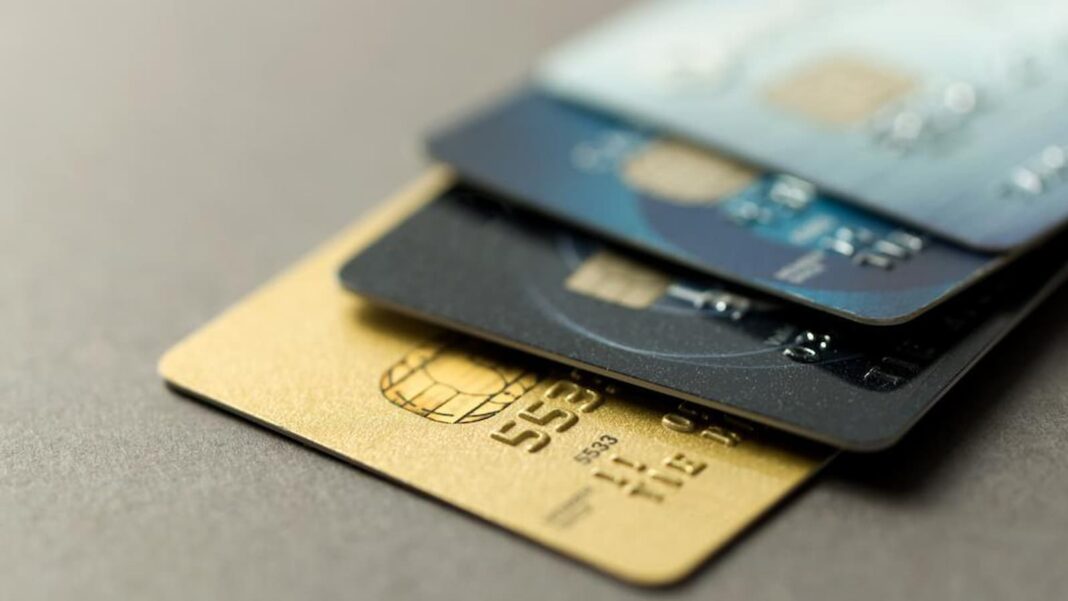Credit Card Late Fees: To save Americans $10 billion a year, the Consumer Finance Protection Bureau (CFPB) is limiting late fees on credit cards to $8 per instance. This will save American families who have missed payment deadlines, on average, $220 year, or almost 75% less than the current average price of $32. Early May is when the rule will go into force.
One of several initiatives taken by President Joe Biden’s administration to try and reduce regular household expenses that are affecting his approval rating as he runs for reelection is the announcement of a final rule limiting credit card late fees.
In regards to late credit card payments, the Consumer Financial Protection Bureau (CFPB) reports that over 45 million individuals incur late fees. Every year, credit card users pay billions of dollars in late fees. Given these numbers, and to alleviate financial hardship for those in need, the Biden Administration has adopted new laws that would cap late fees at $8 and do away with the infamous “junk charges.”
“Credit card companies have been taking advantage of a loophole for over ten years to charge American consumers billions of dollars in unnecessary fees. In a statement provided to CNN, CFPB Director Rohit Chopra contended that the current rule “ends the era in which big credit card companies hide behind the excuse of inflation when they raise rates on borrowers to improve their bottom lines.”
Sealing a Gap in the CARD Act
The most recent amendment to the Credit Card Accountability Responsibility and Disclosure Act, or CARD Act of 2009, limits late fees. In addition to imposing restrictions, these standards also control other credit card costs, and information regarding interest rate changes, and create safeguards for minor cardholders.
Even though the regulation is new, it aims to fix a gap that was never intended in the original legislation while still adhering to the general spirit of the act. According to the legislation, fines must be “reasonable and proportionate” to the infraction. The CFPB discovered, however, that the prior caps of $30 for the initial late payment or $41 for additional late payments constituted fees that were significantly higher than the true expenses incurred in collecting payments.
2024 Solar Tax Credit: How to Qualify for a $6000 Credit?
Here are several things to be aware of regarding the $8 cap

This new rule will only apply to large financial companies—that is, those with more than a million active accounts—per official information from the CFPB. This amounts to 95% of the clientele with credit card debt. The government projects that families will save almost $20 billion annually with this strategy.
The $8 late payment cap is anticipated to go into effect on June 1st, as the regulations take effect 60 days after they are published in the Federal Register.
In Extreme Circumstances, Fees Could Still Be Higher
Although there are a few exceptions included in the rule, it is anticipated to be broadly applicable. The eight thousand dollar late fee threshold is exclusive to card issuers with over one million active accounts. As a result, local or specialty credit unions, as well as certain smaller banks, won’t be held to the same standards.
Larger card issuers may still request to raise their fees, too. The corporation must prove that its real collection expenses are higher than the legal maximum to be granted a different cap.
There Are Still Additional Penalties for Late Payments
Although it will be simpler for customers to recover from a mistake thanks to the new, reduced late fee, it is still important to pay on time. Other penalties for late payments are unaffected by the amended rule: credit card companies may still levy interest, penalty APRs, lower credit limits, shorten grace periods, or report bad credit, all of which can have a significant effect on an individual’s ability to manage their finances.
Clients should educate themselves about the terms and conditions associated with their credit cards to avoid being hit with a plethora of fees if they are unable to make their bills on time. Many of these consequences can frequently be avoided by achieving a minimum payment requirement; however, only full payment will ensure that interest is not charged.
As a safeguard against fees and other penalties, everyone with a steady bank account balance ought to think about enabling credit card autopay for the required minimum amount—or more. If that’s not feasible given your financial situation, you can ensure that you don’t forget the deadline by putting in place reminders on your calendar and taking other precautions.



